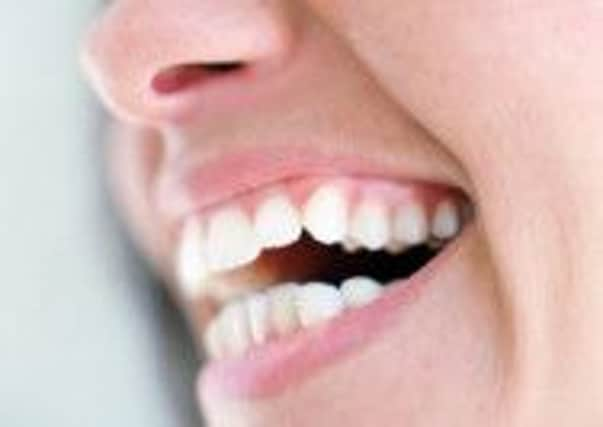Scottish scientists unravel cold sore mystery


Cold sores are known to be caused by a strain of the herpes simplex virus - herpes simplex virus type 1, which infects between 80 and 90 per cent of people.
However it was not known until know why only around a quarter of those infected develop the sores, while the rest show no signs.
Advertisement
Hide AdAdvertisement
Hide AdBut now a team from Edinburgh University have discovered that people affected by cold sores have a mutation in a gene, which means their immune system is not able to prevent them from developing.
Scientists analysed thousands of genes to identify which ones expressed the proteins needed by the body’s immune system to prevent the virus from becoming active and - as a result - cold sores from developing.
They then looked at blood samples from people with cold sores and found that one of the genes previously identified - IL28b - was mutated.
This genetic mutation means that the body is not able to mount an adequate immune response to the virus, which results in cold sores.
The gene identified is also linked to treatment responses for hepatitis C patients. If this gene is mutated, patients are less likely to respond as well to treatment. The link is further evidence that a single genetic mutation can be linked to different viruses.
The study, published in the journal Plos Pathogens, was funded by the Medical Research Council, the Biotechnology and Biological Sciences Research Council, the Wellcome Trust and the European Union.
Cold sores are small blisters that develop on the lips or around the mouth, they often start with a tingling, itching or burning sensation around your mouth. Small fluid-filled sores will then appear, most commonly on the edges of your lower lip.
Professor Juergen Haas, of the University of Edinburgh’s Division of Pathway Medicine, said: “Most people carry the cold sore strain of the herpes simplex virus, but until now we never knew why only some of them develop cold sores.
Advertisement
Hide AdAdvertisement
Hide Ad“Knowing that susceptibility to the virus involved relates to people’s genes reinforces the need to research, not only the evolution of viruses themselves, but also the susceptibility of hosts to infection.”
The herpes simplex virus, or “cold sore virus”, is highly contagious and can be easily passed from person to person by close direct contact. After someone has contracted the virus, it remains dormant for most of the time.
However, every so often the virus can be activated by certain triggers, which vary from person to person, resulting in an outbreak of cold sores.
Some people have frequently recurring cold sores (around two or three times a year), while others have one cold sore and never have another. Some people never get cold sores at all because the virus never becomes active.